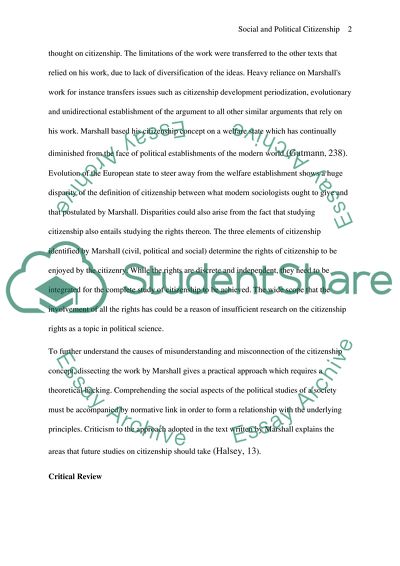Cite this document
(“Not Found (#404) - StudentShare”, n.d.)
Not Found (#404) - StudentShare. Retrieved from https://studentshare.org/social-science/1744818-political-science-state-and-society-in-europe
Not Found (#404) - StudentShare. Retrieved from https://studentshare.org/social-science/1744818-political-science-state-and-society-in-europe
(Not Found (#404) - StudentShare)
Not Found (#404) - StudentShare. https://studentshare.org/social-science/1744818-political-science-state-and-society-in-europe.
Not Found (#404) - StudentShare. https://studentshare.org/social-science/1744818-political-science-state-and-society-in-europe.
“Not Found (#404) - StudentShare”, n.d. https://studentshare.org/social-science/1744818-political-science-state-and-society-in-europe.


